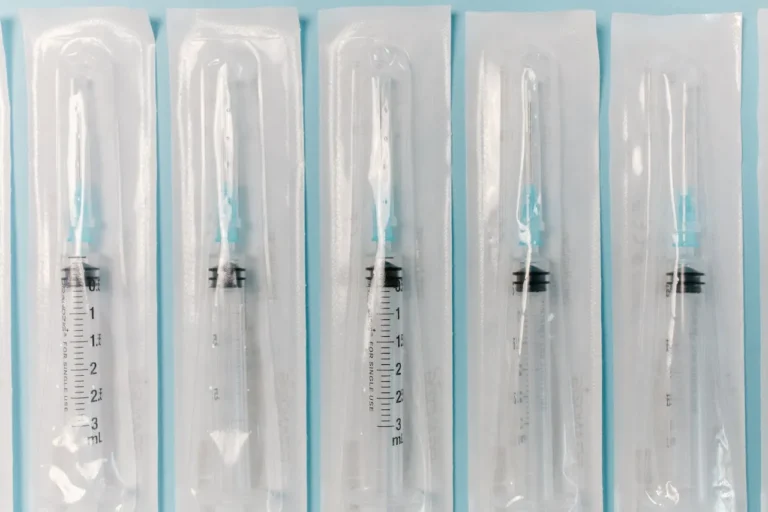Scanogen Inc., a molecular diagnostics company at the forefront of next-generation infectious disease detection, announced that the U.S. Food and Drug Administration (FDA) has granted Breakthrough Device Designation for its rapid assay designed to identify bloodstream infection pathogens directly from patient samples. This designation is reserved for technologies that have the potential to provide more effective diagnosis or treatment of life-threatening or irreversibly debilitating diseases, and it is expected to accelerate the development and regulatory review of Scanogen’s assay.
Bloodstream infections, particularly sepsis, remain a critical healthcare challenge in the U.S., affecting more than 1.7 million Americans annually and contributing to over 350,000 deaths each year. The FDA’s recognition highlights the urgent need for faster, more accurate diagnostic solutions that can improve patient outcomes and transform the standard of care.
Transforming Sepsis Diagnosis
Scanogen’s flagship assay is built on the company’s SMART (Single Molecule And Rapid Tethering) technology platform, which enables rapid, sensitive, and cost-effective detection of infectious diseases. Unlike traditional blood culture–based methods that can take one to five days to provide pathogen identification, Scanogen’s assay delivers species-level results in just two hours.
This dramatic reduction in turnaround time is particularly crucial in the treatment of sepsis, where every hour of delay in appropriate therapy can significantly increase mortality risk. By providing actionable results in hours rather than days, Scanogen’s technology allows clinicians to initiate targeted antimicrobial therapy quickly, improving patient outcomes while reducing reliance on broad-spectrum antibiotics.
“The FDA recognition underscores the clinical need for faster, more accurate sepsis diagnostics and validates the potential impact of our platform,” said Dr. Al Celedon, Founder and CEO of Scanogen. “Our goal is to empower clinicians with actionable results in hours rather than days—because every hour counts when treating sepsis.”
Clinical and Economic Impact
Beyond improving clinical outcomes, the rapid assay has the potential to reduce healthcare costs significantly. Sepsis care in the United States exceeds $50 billion annually, driven by prolonged hospitalizations, intensive care interventions, and complications from delayed or inappropriate treatment. By enabling early targeted therapy, Scanogen’s assay could reduce hospital stays, prevent complications, and decrease the overall financial burden on healthcare systems.
The ability to rapidly and accurately identify pathogens also addresses the growing concern of antimicrobial resistance. Targeted treatment reduces the unnecessary use of broad-spectrum antibiotics, preserving their effectiveness and helping combat the global threat of drug-resistant infections.
Supporting Research and Funding
Scanogen’s development efforts have been supported by multiple National Institutes of Health (NIH) research grants, which have funded the advancement of the SMART platform and clinical validation of its assay. These grants reflect the broader scientific and public health community’s recognition of the urgent need for innovative diagnostic solutions in sepsis care.
The company is now preparing to raise a Series A funding round to support pivotal clinical studies and accelerate the path toward commercial launch. These studies will generate the data necessary for FDA clearance and further establish the assay’s role in transforming infectious disease management.



